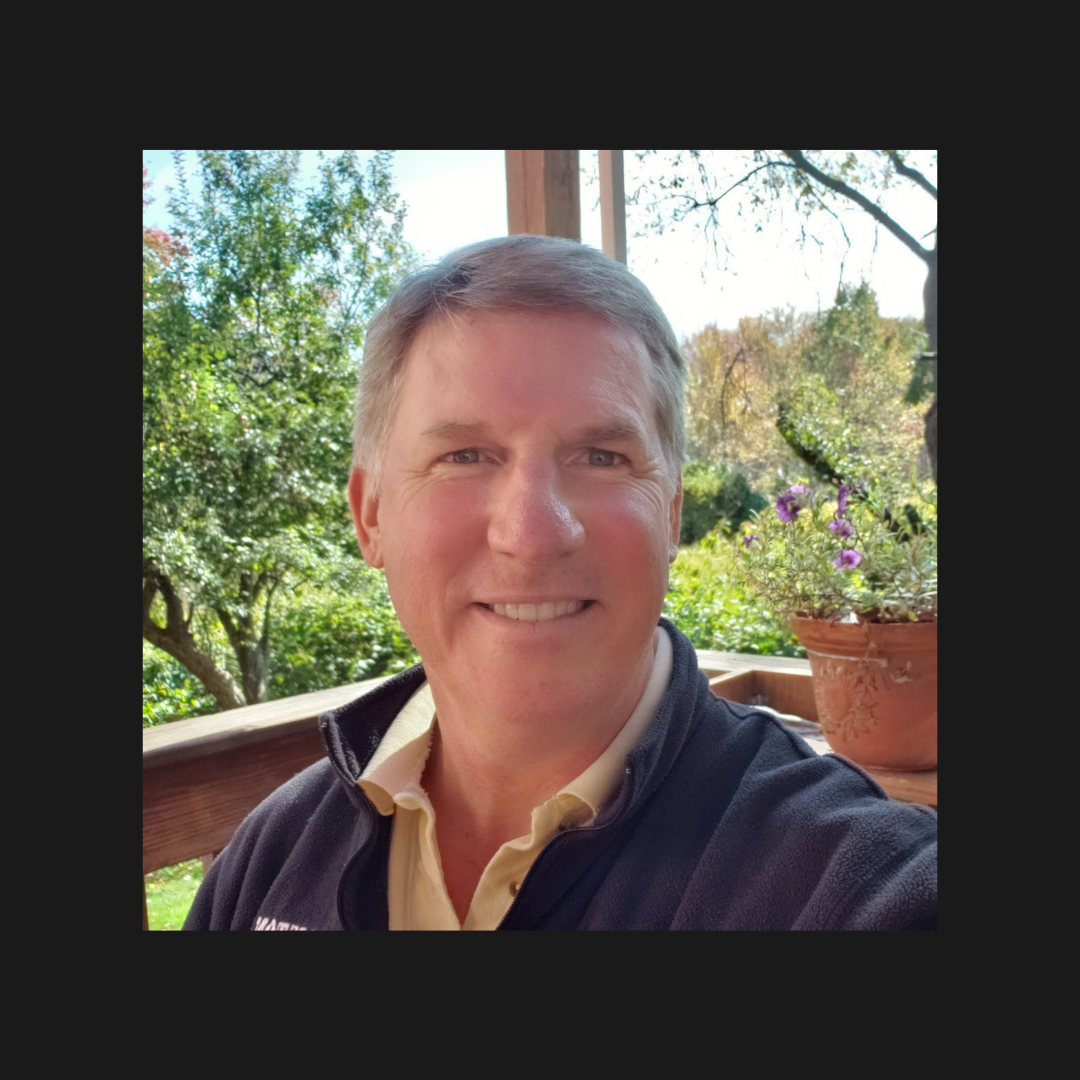
A professional with broad PR experience, Dan weighs in on effective social media programming, executive communications, and PR’s unique contribution to organizations.
How did you prepare to work in PR?
I started off as an English Literature major at the University of Iowa–a good place to learn writing and storytelling. As I learned more about PR, it was clear that storytelling is a key to help businesses and organizations connect with people. Following Iowa, I enrolled in a masters in Communications program at B.U. and was shown much more—more like the whole “keyboard.”
You really “grew up” during the rise of social media and have worked in that area. What do you keep in mind in managing social media for an organization?
With social media, we are all members of the media because anyone can contribute content. But people need to keep in mind that there’s a social contract here—to be responsible and make sure messaging is fact-based. Also, we’re not just creating content, but building an audience and sharing a worldview. You earn that audience’s trust over time and one way is to provide content of value. I think an avoidable mistake for all of us in communications is to insert too many “asks,” or calls to action, in our content; it’s important to provide good content and then perhaps every third or fifth post, there can be an “ask.”
You’ve also been involved in media training for executives. What is some of the advice you’ve provided?
Most of all, it’s important to speak from your position at your company or organization—to avoid speaking for an entire industry. That’s when people get into trouble. It’s always much better to say, “at our company, this is what we do.” Also, I stress being authentic. The best executives have a true understanding of their company and their customers. They get out and walk around their work places and visit customers. It’s so much more authentic if they can say, “this is what I saw or what I heard.”
How has PRSA been of help to you?
Over the years, I’ve been a corporate executive, an agency staff member, and an independent practitioner and, regardless of the role, it’s always been helpful to have a network to consult with. At one point, I headed the Independent Practitioners Network, a very active community within PRSA Boston, and that was a great way to connect with others. With Covid, meetings have been on hold, but anyone can go to the PRSA national website, click on My PRSA and then My Networking Tools, and find other independents or members in other areas of PR. When I need advice, I’m always able to find someone through My PRSA, and they are willing to take my phone call.
What do you think is the unique contribution of PR?
I think we contribute to organizations in ways that marketing can’t. Marketing focuses on customers and buying and selling, but PR brings a broader sense of the environment to the table. We focus on the many stakeholders who can impact an organization—and work to build positive relationships with them.
Is there a surprising fact about you?
I’m from Chicago, and in my first 20 years I sailed a sailboat in four Midwestern states—Michigan, Indiana, Illinois, and Wisconsin. To see how, check below*.
*All while on Lake Michigan
Interviewer: Bernadine Cassell, APR